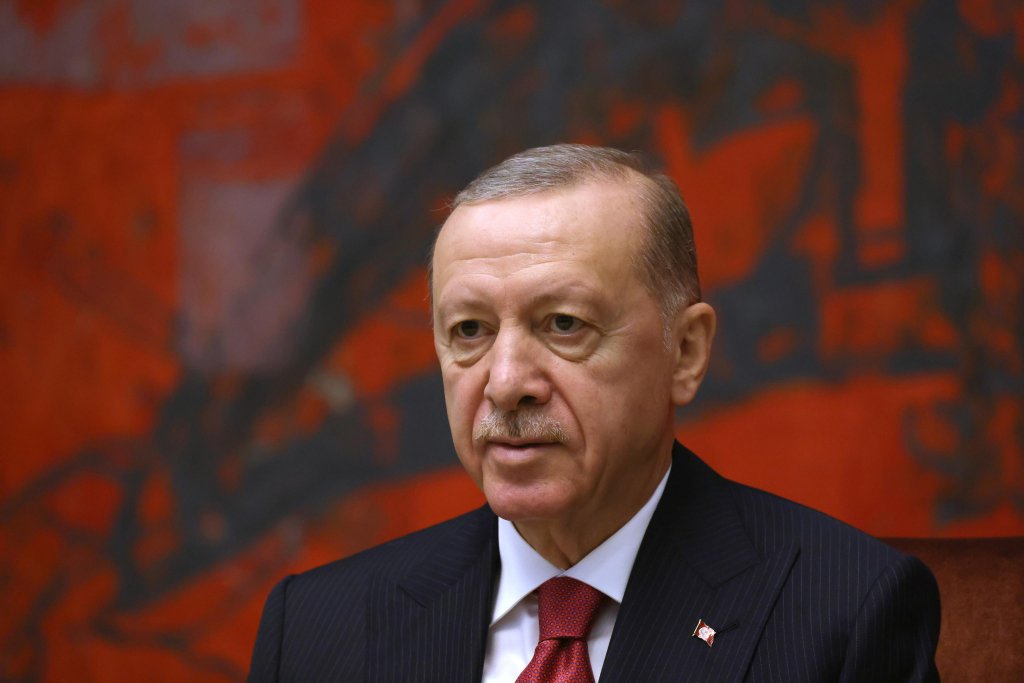Turkish President Recep Tayyip Erdogan is advancing plans to repatriate millions of Syrian refugees to their homeland. Although Turkey denies playing a role in a recent offensive in Aleppo, developments in northern Syria could create an opening for Erdogan to move forward with his plan.
Turkey has been hosting over 3.4 million Syrian refugees since the Syrian war began in 2011, making it the country with the highest number of refugees worldwide. While Erdogan’s earlier decision to welcome Syrians was widely praised, growing economic struggles and public dissatisfaction have turned many against the refugees. Many Turkish citizens blame them for straining resources in an already tough economy.
In 2023, Erdogan launched a project to help at least one million refugees return to Syria. With financial support from Qatar, this plan involves building 240,000 homes in northern Syria, along with schools, hospitals, and basic infrastructure. Erdogan says the returns will be voluntary, but critics argue that worsening hostility in Turkey is making it difficult for Syrians to stay.
The project relies on securing parts of northern Syria. Turkey supports opposition groups fighting Syrian President Bashar al-Assad’s regime. Although Ankara denies involvement in the recent offensive in Aleppo, success in northern Syria could allow Turkey to create a “safe zone” for refugees to return. This area would also strengthen Turkey’s influence in the region.
However, human rights groups warn that northern Syria remains unsafe. Clashes between different forces and lack of resources make the region unstable. Critics say that returning refugees to such conditions could violate international law and put their lives in danger.
Turkey’s role as a host country has been supported by the European Union, which provided billions of euros to help manage refugees. Despite this funding, Erdogan has criticized the EU for not doing enough, saying Turkey has carried the burden alone.
Erdogan’s push to return refugees also connects to domestic politics. Facing challenges in local elections and rising opposition support, he hopes the repatriation plan will boost his popularity before Turkey’s 2028 elections. The main opposition party, CHP, has gained public support by promising to expel refugees.
The plan also depends on Turkey’s relations in the region. Ongoing tensions with Assad’s government and military operations against Kurdish groups in northern Syria complicate the process. Additionally, funding from Qatar is crucial to completing the housing and infrastructure needed for returning refugees.
Despite these obstacles, Erdogan remains committed to the plan. He argues that repatriation is essential for both Turkey and Syria. But questions remain about whether this process can ensure safety and stability for millions of Syrians.

